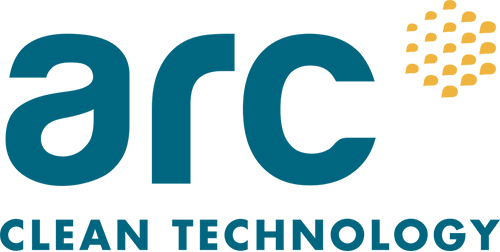Treatment and diagnoses
Medical isotopes are used in the medical industry to diagnose and treat cancer, heart disease, and other medical conditions. There are more than 40 million medical procedures worldwide that use medical isotopes, and every 1 in 50 people undergo a nuclear diagnostic procedure annually in developing countries.
Canada is one of the largest medical isotope producers in the world. Canada’s Nuclear Isotope Program and the U.S. Department of Energy’s Isotope Program (DOE IP) pioneer research and development frontiers in medical isotope treatments.
The majority of the world’s medical isotopes are naturally created inside nuclear reactors. Through the movement of neutrons in the ARC-100 reactor, a fission reaction occurs which produces heat and medical isotopes, created as a by-product of the fission reaction. The medical isotopes produced can be used as life-saving medical materials for diagnoses and treatments.

